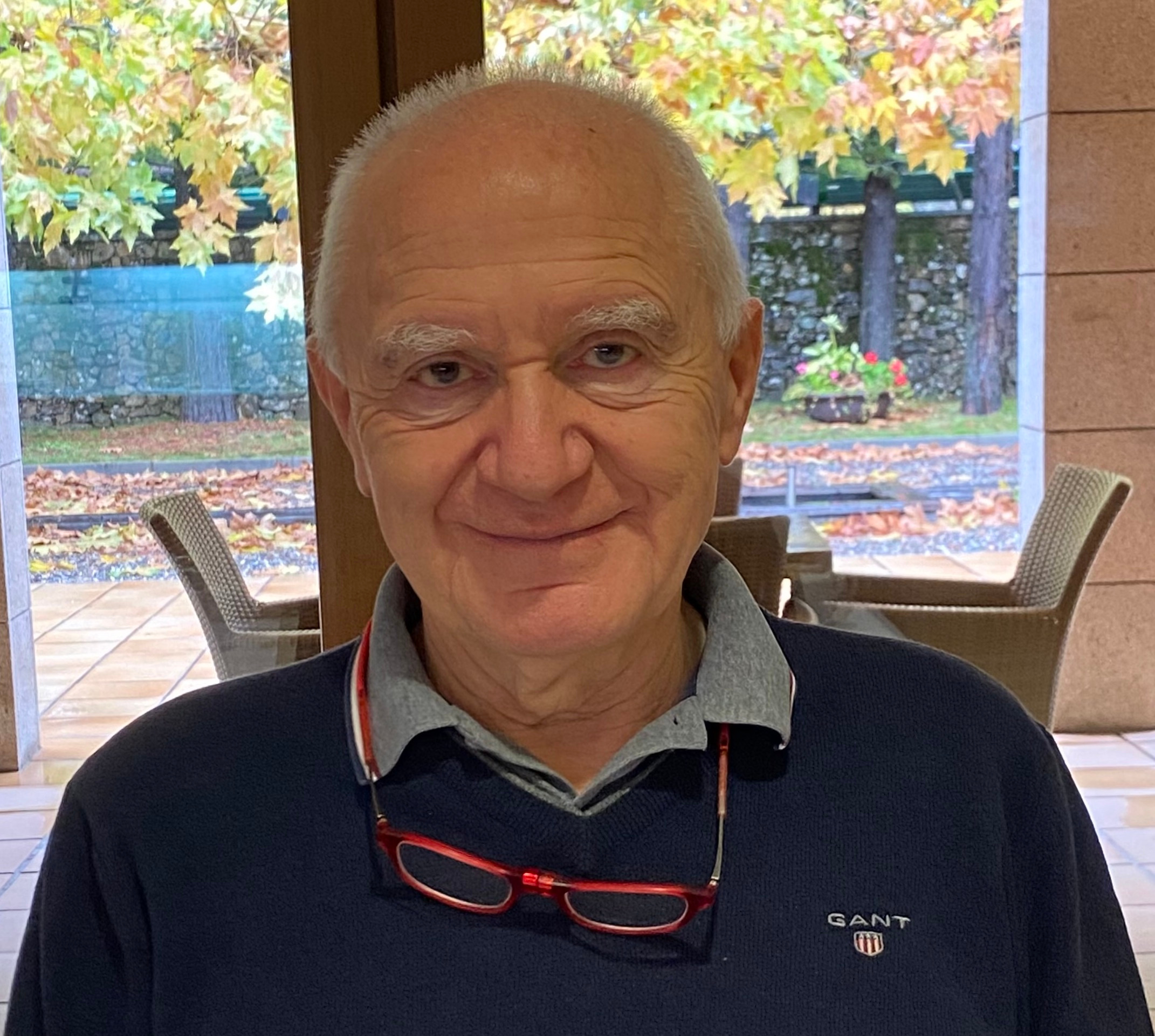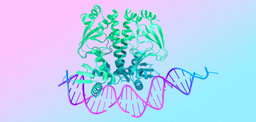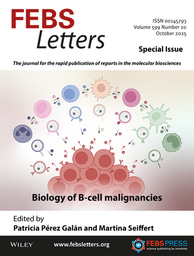Visions: José M. Mato, Founder and General Director of the Centers for Cooperative Research in Biosciences (CIC bioGUNE) and in Biomaterials (CIC biomaGUNE), Spain


José M. Mato is founder and general director of CIC bioGUNE and of CIC biomaGUNE. He is also a Research Professor at the Spanish National Research Council (CSIC), where he served as the President between 1992 and 1996. He investigates liver metabolism with the ultimate goal of identifying robust strategies for subtyping and treatment of nonalcoholic fatty liver disease. In 2004 he was awarded the National Prize of Research in Medicine.
The Basque Country was the first Spanish Autonomous Community to design a specific strategy for the development of the biosciences. This strategy, called BioBasque 2010, responded to the need to diversify the region’s industrial activity and to take advantage of new opportunities derived from an economy based on knowledge and innovation, thereby creating a new business sector based in the biosciences. BioBasque 2010 was launched in 2002 with a global approach and with its actions structured along three main axes: generation of knowledge, business development, and formation of a health cluster.
Central to the BioBasque 2010 strategy was the foundation in 2004 of the Center for Cooperative Research in Biosciences-CIC bioGUNE (www.cicbiogune.es), located in the Science and Technology Park of Bizkaia (Derio) and, two years later, of the Center for Cooperative Research in Biomaterials-CIC biomaGUNE (www.cicbiomagune.es), located in the Science and Technology Park of Gipuzkoa (Donostia-San Sebastián). Both Centers were created with the mission of promoting basic scientific research and technological innovation at the highest levels in the Basque Country.
CIC bioGUNE and CIC biomaGUNE are non-profit organizations under private law in the form of registered associations. Since 2019, both Research Centers have been members of the newly created Basque Research & Technology Alliance (BRTA). The BRTA, with its 4 CICs and 12 Technology Centers, is the international flagship for Basque science and technology.
Optimising resources
CIC bioGUNE and CIC biomaGUNE reached a total annual budget of 31.4 million Euros in 2020. One-third of this budget came from the Basque Government, through the Department of Economic Development, Sustainability, and the Environment, while the remaining two-thirds came from the State Plan for Scientific and Technical Research and Innovation of the Spanish Government, and the EU Framework Program Horizon 2020, as well as from research foundations, research projects with companies, technology licences, and royalties.
Under the leadership of Jesus Jiménez-Barbero, research activity at CIC bioGUNE is currently carried out by a team of 18 research groups, which deliver cutting-edge research at the interface between chemistry, and structural, molecular and cellular biology, with particular emphasis in understanding the molecular basis and mechanisms of disease to create new diagnostic tools and promote the development of advanced therapies. At CIC biomaGUNE, under the initial leadership of Manuel Martín-Lomas (2006–2012) and from 2012 of Luis Liz-Marzán, a team of 12 international and dynamic research groups are currently developing high-level research at the interface between chemistry, physics and biology, with particular emphasis on the properties and applications of nanostructures at the biomolecular level. The ultimate aim of CIC biomaGUNE’s research is to contribute to understand the way in which biological systems interact with nanometer-sized materials, at the molecular level, and use this knowledge to devise advanced therapeutic, diagnostic and bioimaging tools.
Developing and delivering excellence
CIC bioGUNE and CIC biomaGUNE are two of the most successful research organizations in Spain. The more than 2,630 papers published in international scientific journals since their establishment, the more than 72,500 citations these publications received to date, and the more than 14 grants obtained from the European Research Council (ERC) and 16 grants from the US National Institutes of Health, together with the award of the Spanish National Prize of Scientific Research to two staff scientists, are proof of the outstanding research conducted at these research centers. At the culmination of this trajectory, in 2017 CIC bioGUNE earned the accreditation of a “Severo Ochoa Research Center of Excellence”, and in 2018 CIC biomaGUNE earned the accreditation of a “María de Maeztu Unit of Excellence”, the highest recognitions of scientific merit in Spain awarded by the Spanish State Research Agency.
Aware that, as a consequence of demographic change, Europe – and consequently the Basque Country – will soon have a shortage of students pursuing science careers, we introduced in our Centers from the beginning a PhD program in collaboration with several universities, most notably with the University of the Basque Country. Also, conscious that medicine in particular is experiencing an increasing shortage of medical scientists, in 2020 we collaborated with Deusto University (Bilbao) in the foundation of a new Medical School where our staff scientists started teaching basic sciences. We also plan to develop an introductory program of research – a “research school” – to offer talented medical students the opportunity to lay the foundations of their future scientific careers.
From strategy to impact
What is the basis of this success? Where does the attractiveness of this project dwell, so that senior and junior researchers as well as doctoral students coming from more than 46 countries, have chosen our two centers to pursue or start their scientific careers? In my opinion, the scientific appeal of our Centers lies in: (1) the fact that they are person-oriented – our resources are directed towards individuals, rather than towards things or ideas; (2) our firm belief that fundamental research is, and remains, the foundation to broaden our understanding of health, disease, and therapeutic innovation; (3) an interdisciplinary approach to thinking and working; and (4) conducting research in areas of high strategic value that would benefit the Basque Country and the world. Therefore, whenever something is discovered in our centers that has potential applicability, the Technology Transfer Units of the Centers work toward patenting and transferring it. Several patents are filed each year, and researchers are encouraged to carry out research in collaboration with companies, as well as to start their own companies. In the latter case, both the researchers and the centers maintain a part of the company shares.
The main instrument used for the periodic evaluation of both CIC bioGUNE and CIC biomaGUNE, to ensure the quality of their research and plan their future, are their corresponding Scientific Advisory Boards (SABs), composed of internationally renowned scientists. The SABs function as external scientific advisory committees of the General Assembly of Associate Members of each CIC, which are in charge of approving decisions regarding the budget, progress and evolution of the centers.
Have we fulfilled our mission and contributed to the development of a biotech sector in the Basque Country? The number of biotech companies in the Basque Country increased from 43 in 2007 to 92 in 2019, and the number of people employed by this sector increased from 369 to 952 during this same period. The biotech sector is presently of considerable importance in the Basque Country and by 2020 had reached a turnover of one thousand million euros. I would like to think that our centers have contributed to this growth through cooperation projects with the BRTA Technology Centers, collaboration agreements with companies, and launching our own startup biotech companies.
José M. Mato





Join the FEBS Network today
Joining the FEBS Network’s molecular life sciences community enables you to access special content on the site, present your profile, 'follow' contributors, 'comment' on and 'like' content, post your own content, and set up a tailored email digest for updates.